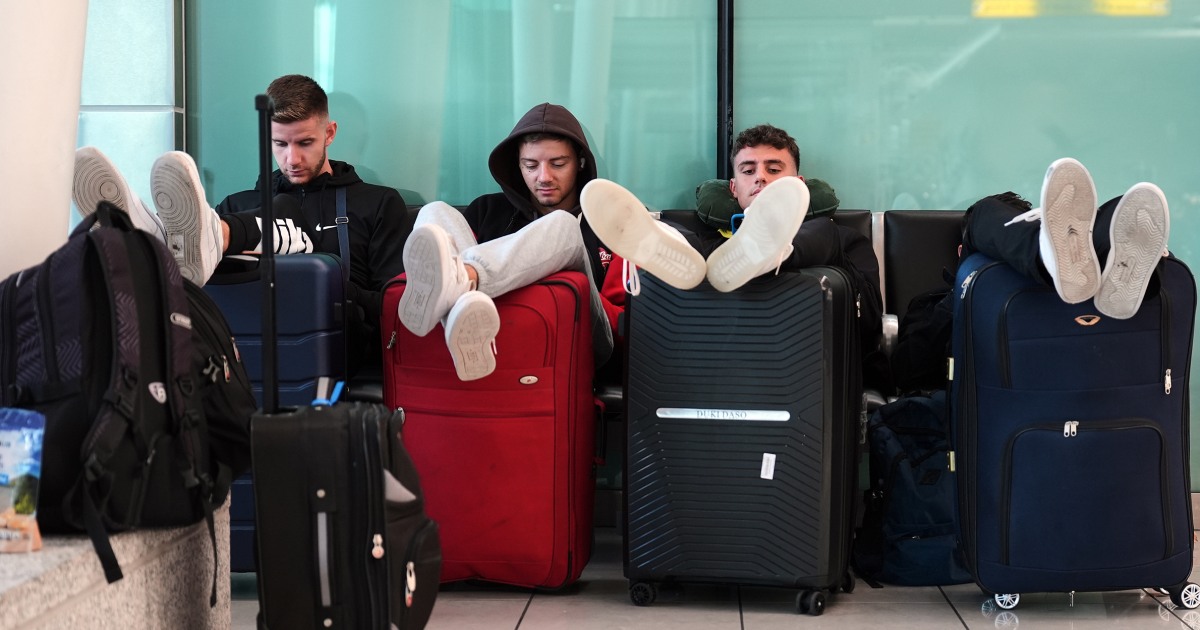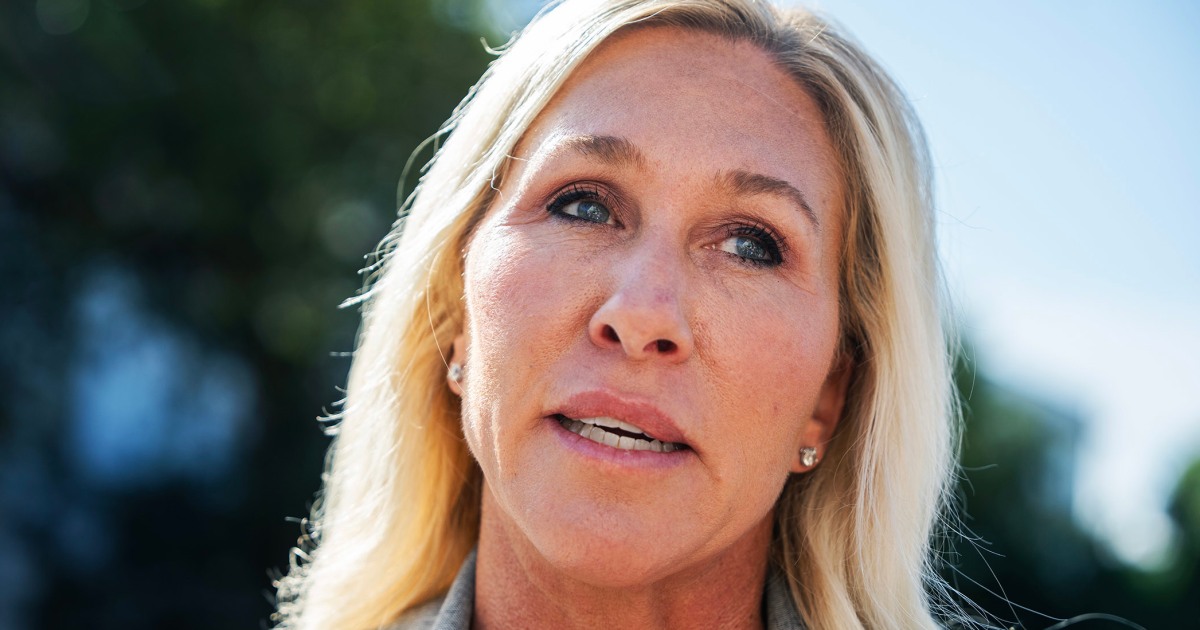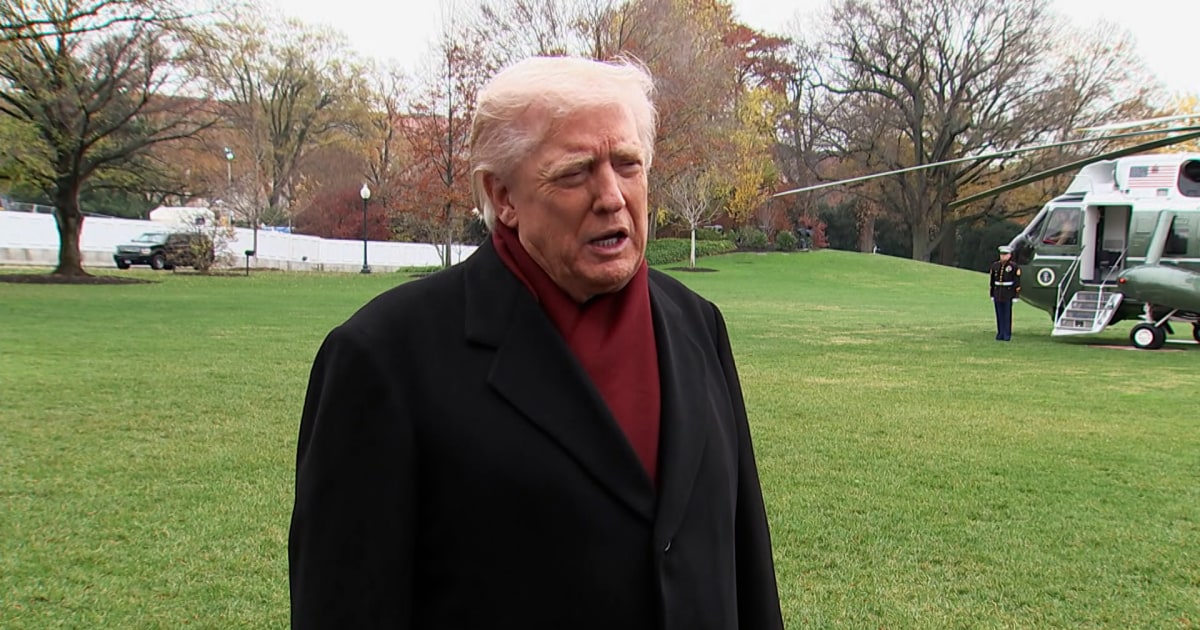Flight delays were reported across the country for a second straight day Tuesday as the Federal Aviation Administration braced for more airport staffing shortages amid the government shutdown.
Source link
Oct. 7, 2025, 11:21 AM EDT / Updated Oct. 7, 2025, 11:49 AM EDTBy Matt Lavietes and Corky SiemaszkoFlight delays were reported across the country for a second straight day Tuesday as the Federal Aviation Administration braced for more airport staffing shortages amid the government shutdown. Delays due to a shortage of air traffic controllers caused delays Tuesday at airports in Boston, Philadelphia, Nashville, Houston, Chicago and Las Vegas, the FAA reported.These delays came on the heels of slowdowns at airports in Denver, Phoenix, Burbank, California and Newark, New Jersey that the FAA reported during the first 24 hours that air traffic controllers began working without pay due to the shutdown. Meanwhile, the National Air Traffic Controllers Association reminded members it does not “endorse, support, or condone” federal employees participating in coordinated activities that could affect flight safety or cause delays.”Participating in a job action could result in removal from federal service,” the union posted on its website. “It is not only illegal, but it also undermines NATCA’s credibility and severely weakens our ability to effectively advocate for you and your families.”Despite the delays, the FAA had not issued a “staffing trigger” Tuesday that would reduce the number of flights in and out of airports that don’t have enough controllers to handle the traffic safely.But the number of domestic and international flight delays have been surging in recent days, with more than 6,000 reported Monday compared with roughly 3,000 delays Saturday, according to flight tracker website FlightAware. There were just over 1,000 delays within, into, or out of the U.S. as of Tuesday morning, according to the site.Transportation Secretary Sean Duffy said Monday at Newark International Airport that there had been a slight increase in sick calls since the government shutdown began Wednesday. “Our priorities are safety,” Duffy said. “And so, if we have additional sick calls, we will reduce the flow consistent with a rate that’s safe for the American people.”




